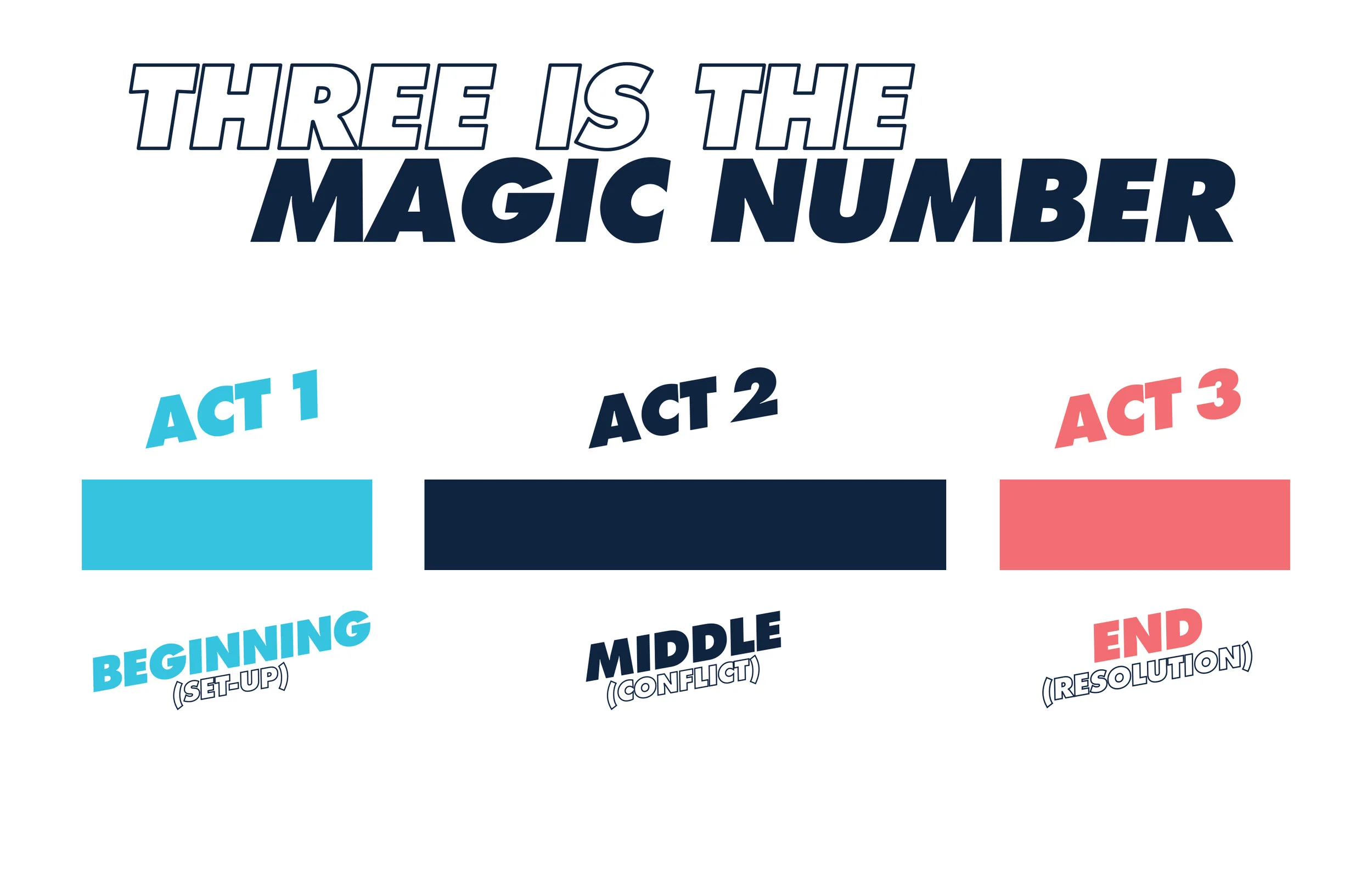Your brain on stories
Ahhh…the feeling of getting lost in a gripping book or binge watching the latest TV box set.
Time just seems to dissolve away.
Why is this not the case when sitting through a PowerPoint presentation? Why is one activity so enjoyable and the other a mind numbing experience we’d rather avoid?
It’s all to do with the difference in the way our brain processes facts and figures versus stories.
Data only activates two areas of the brain: Wernicke’s area which deals with language comprehension and Broca’s area that deals with language processing.
Stories, on the other hand, have been shown to activate a greater number of regions.
Indeed, fMRI scans show that when we read words like ‘perfume’ and ‘coffee’, our primary olfactory cortex, the area of the brain responsible for smell, is activated.
Our brain reacts as if we were literally experiencing the thing being described as opposed to just reading some random words on a page.
This is why we find ourselves drawn to characters even when we know they are not real. The research conducted by the American neuroscientist Anne Krendl offers us compelling evidence of this.
Participants in her study had their brains scanned whilst they watched a Clint Eastwood film. When the actor’s character displayed emotion, the viewer’s brain responded as if it, too, were experiencing the same feeling.
It seems that we don’t just passively consume a story, we experience it as if it were actually happening to us.
This is also occurring at a hormonal level within the body.
When you're reading, watching or listening to a story certain chemicals are released into the brain which impact how you process and remember this information.
When you listen to a character driven story, your brain immediately floods with the love hormone oxytocin. This induces a feeling of empathy or connectedness with the protagonist.
The opposite is true for a tense scene.
In this scenario, the stress hormone cortisol is released which prompts a powerful emotional reaction even when the listener knows the story is fictional.
As noted in an earlier post, vivid emotions play a key role in memory formation. The social psychologist Jennifer Aaker even quantified this saying, “We are 22 times more likely to remember a story than a fact.”
Try to keep this figure in mind when creating your own stories.






